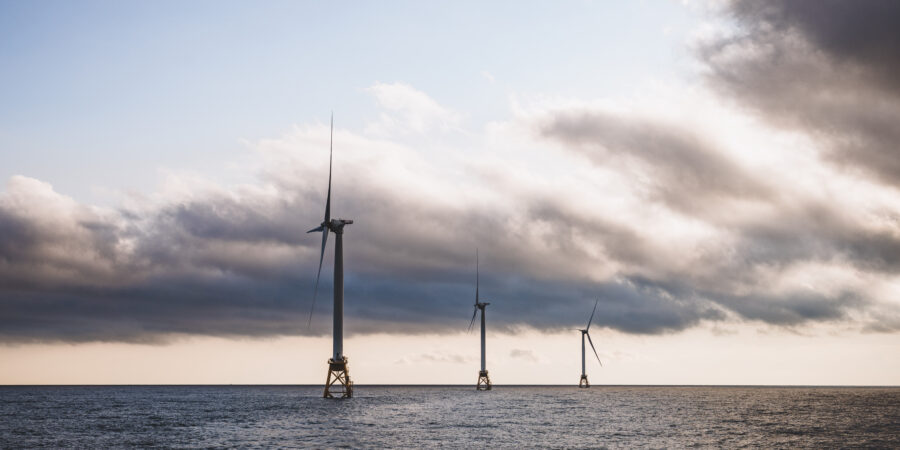Catalyzing the Clean Energy Transition
Renewable energy will be the backbone of a decarbonized economy. Massachusetts ratepayers currently face staggering energy bills tied to the sharp rise in fossil fuel prices and our grid’s over-reliance on natural gas. A transition to clean energy will be essential to reducing consumer costs, increasing reliability, securing energy diversity and independence, and creating new jobs. We must develop massive amounts of clean energy infrastructure, from offshore wind and solar to energy storage and transmission. A successful clean energy transition will lower residents’ bills, provide them with reliable energy, and make their communities healthier.
We at ELM advocate for:
- Collaboration among the New England states to increase ambition on offshore wind targets while ensuring projects are developed in a timely, equitable, and responsible manner.
- Local and regional electric transmission solutions that increase grid reliability, decrease ratepayer costs, benefit local communities, and minimize impacts on the natural environment.
- Robust, sustainable funding for clean energy innovation and economic development, including significant increased investment in the Massachusetts Clean Energy Center (MassCEC).
- An effective next-generation solar incentive program that ensures appropriate siting and development.
- An energy storage target and solicitation program to increase grid reliability and efficiency.
- Fostering a diverse clean energy workforce and supply chain that creates high-quality jobs, provides access to opportunity, and builds wealth in historically disadvantaged communities.
H.3161, An Act strengthening Massachusetts as the national leader in offshore wind
Sponsor: Rep. Fernandes
Currently, New England’s regional electric grid is heavily reliant on fossil fuels, with gas supplying on average 50% of its power. This bill would double the state’s wind procurement target to at least 11,200MW by 2035 to move us closer to our 2030 clean energy generation goals, increase support for innovation and economic development, and clarify wildlife protections currently in statute.

In 2020, ELM founded the New England for Offshore Wind Coalition to support the timely and responsible development of this game-changing renewable energy resource.

